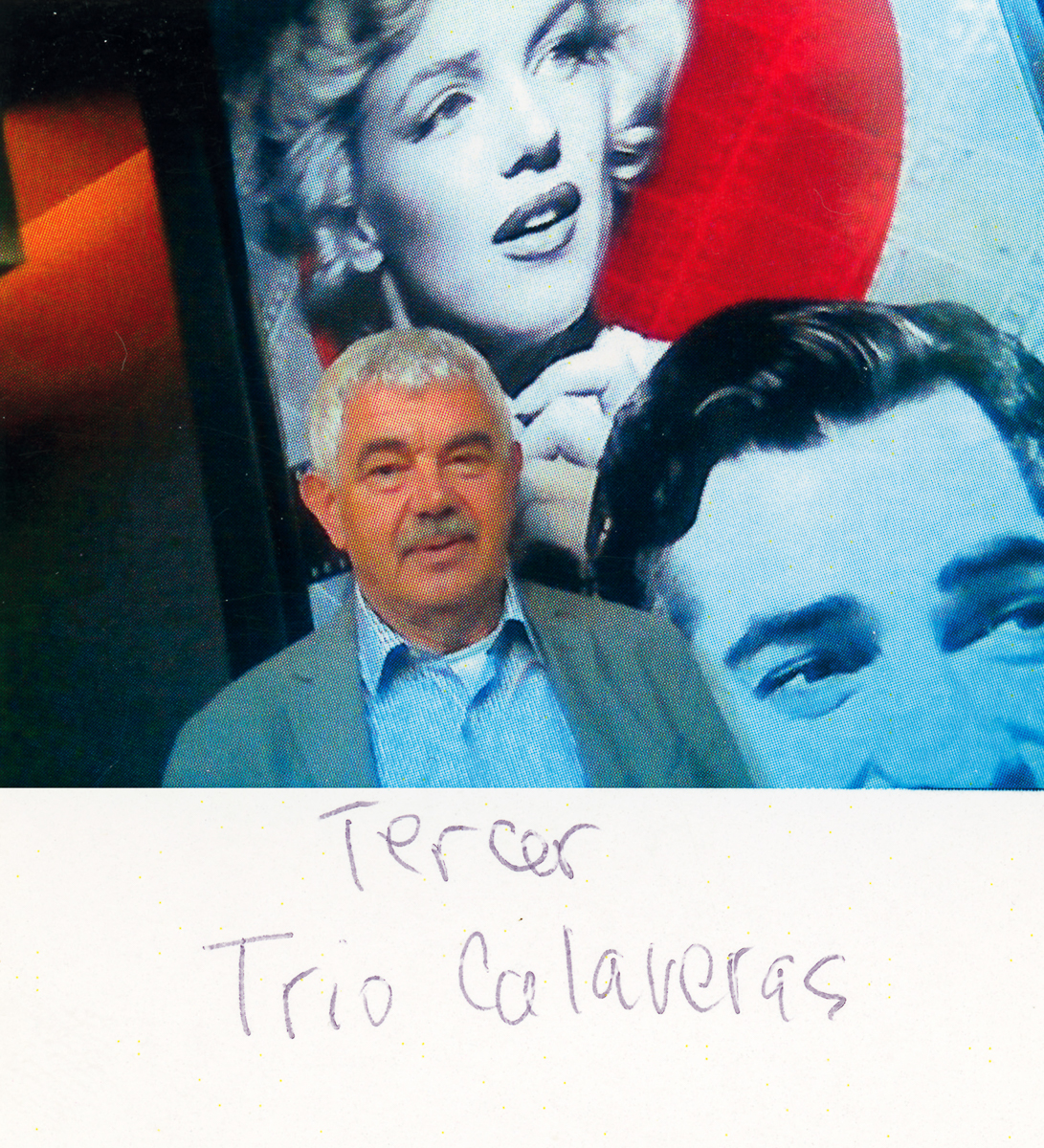“A few years ago, I discovered “mobile photography”. I think it’s a way of capturing images of what’s happening around you, sometimes important events, sometimes fleeting moments, and also details that would go unnoticed without the camera’s eye.”
Pasqual Maragall, 2010
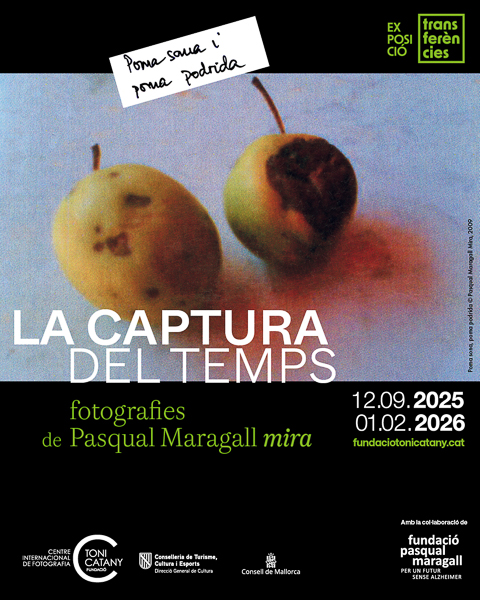

When he was diagnosed with Alzheimer’s disease in 2007, the Catalan politician Pasqual Maragall i Mira (Barcelona, 1941) wanted to capture time, to freeze moments of his interaction with the world. In this way, photography became an instrument for memory. Based on the project conceived by Caro Garcia, carried out and edited in 2010 by Blume, we wanted to recover the photographs that Maragall took with his Nokia mobile phone and add some unpublished ones.
With his phone, Maragall captured what he felt and what he saw: street graffiti, his grandchildren, advertisements, people, friends, landscapes, details, photos of photos… not to mention self-portraits, the result of his need to capture his own presence. The loss of memory also accompanies the loss of identity, both individual and collective. It is as if Maragall wanted to portray his own forgetfulness.
We cannot remember all our experiences, it is especially those that have moved us that endure; the persistence of personally significant memories is exemplified in Proust’s famous madeleine, which transports the writer to a moment and place in the past through a smell and a taste.
The friendship between Pasqual Maragall and Toni Catany is also remembered. When Maragall was mayor of Barcelona, and in order to get to know the city from the perspective of its streets and people, he decided to spend a few nights at the homes of some residents, an experience he repeated on around twenty occasions. In 1987, he stayed at Toni Catany’s house on Nou de la Rambla street. This encounter is remembered through the absence of one and the fading presence of the other. In essence, this exhibition invites us to explore images and words of remembrance, of a shared memory
Curated by: Teresa-M. Sala Garcia, Antoni Garau Vadell
Production: Toni Catany International Photography Centre and Pasqual Maragall Foundation
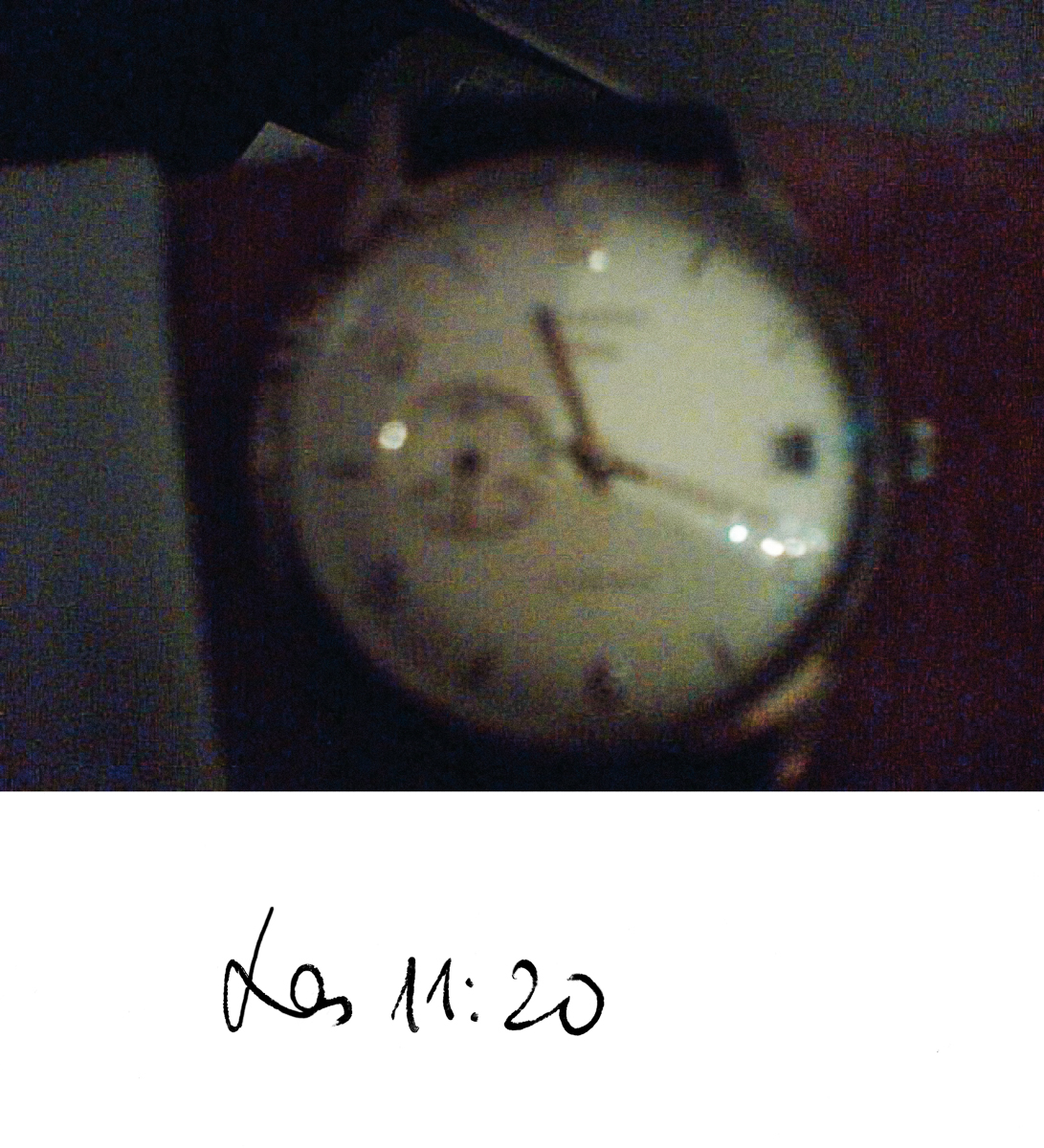
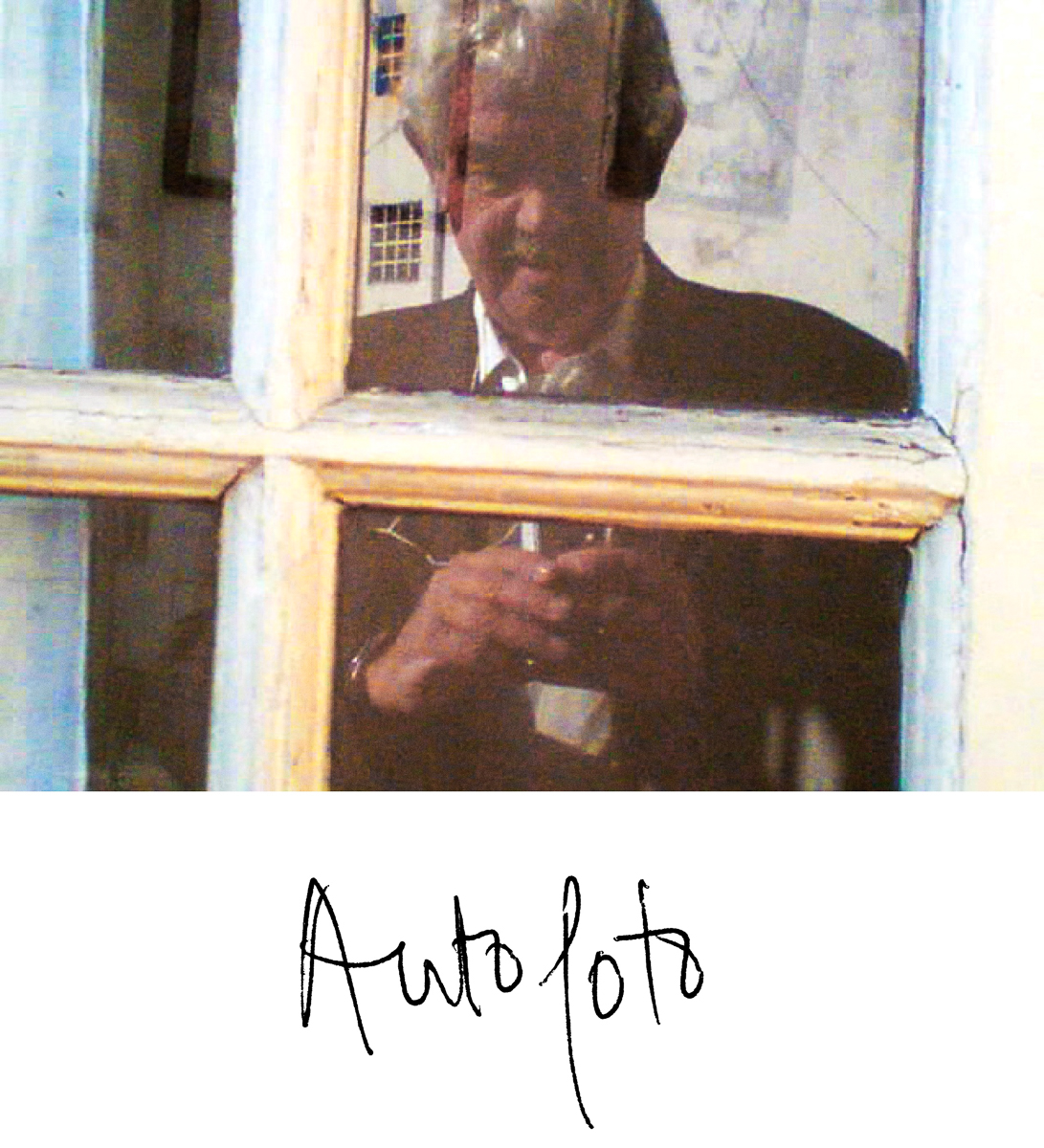
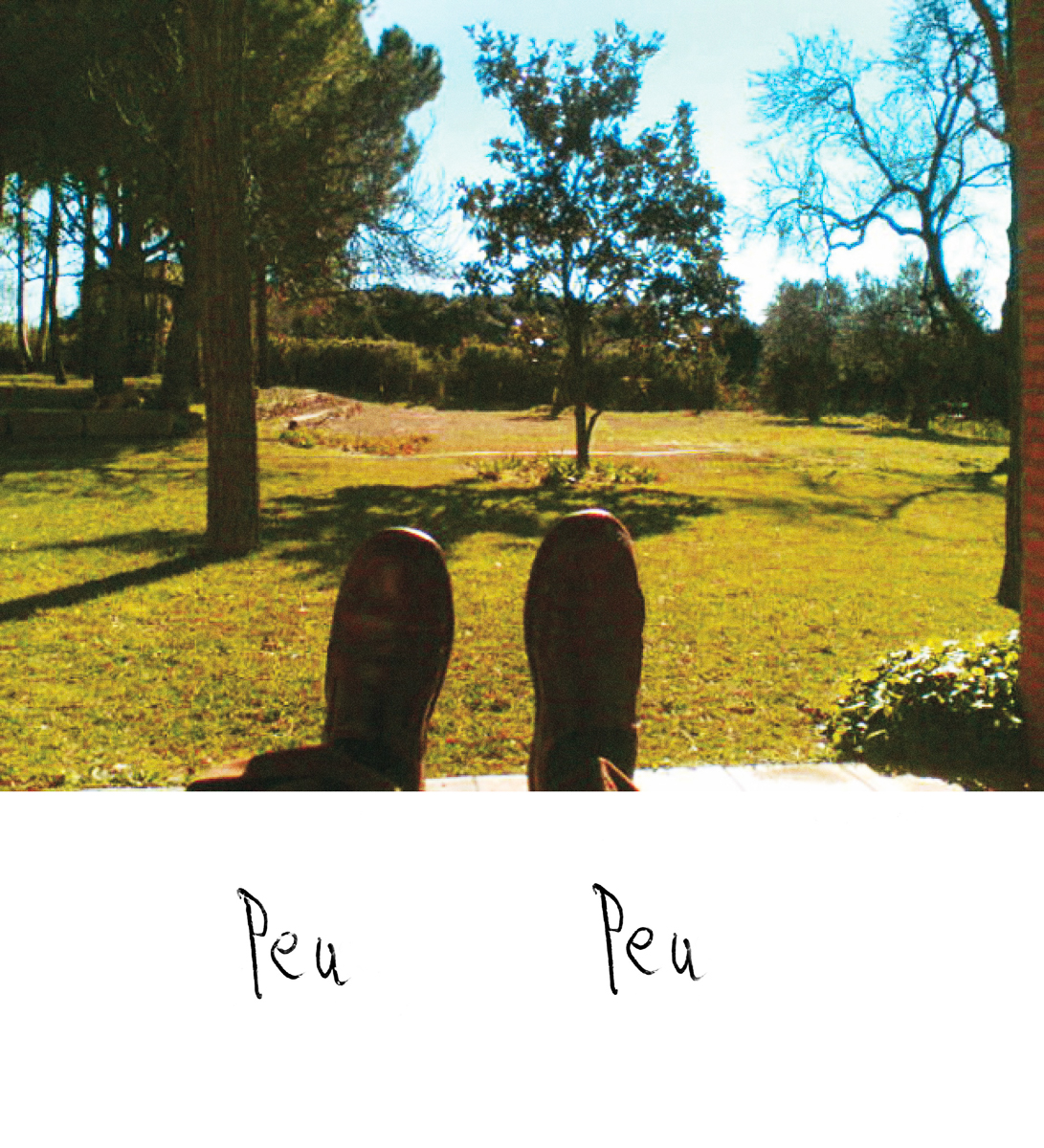
Pasqual Maragall i Mira
Born in Barcelona on 13 January 1941, in the midst of the post-war period.
Third child in a family of eight siblings, born to Jordi Maragall i Noble and Basilisa Mira i Azorín. Grandson of the poet Joan Maragall i Gorina.
1957-1964 Studied Law and Economics at the University of Barcelona.
He became involved in the clandestine political movement as a member of the Front Obrer de Catalunya (Workers’ Front of Catalonia).
From Convergència Socialista de Catalunya, he took part in the founding of the Socialist Party of Catalonia.
1965 He worked as an economist in the Technical Office of Barcelona City Council and married Diana Garrigosa.
1967 Cristina Maragall Garrigosa is born.
1969 Airy Maragall i Garrigosa is born.
1971-1979 He completes various academic stays in Strasbourg, Rome, Paris, New York and John Hopkins University in Baltimore.
Assistant professor at the Autonomous University of Barcelona, where he obtained a PhD in urban economics with the thesis ‘Urban land prices. The case of Barcelona (1948-1978)’.
First democratic municipal elections.
1980 Guim Maragall i Garrigosa is born.
1982-1997 He becomes mayor of Barcelona.
1986 Barcelona is chosen to host the 1992 Olympic Games, which led to a major urban transformation and the internationalisation of the city.
From 1987 onwards, he stayed in the homes of Barcelona citizens to get to know their neighbourhoods from the inside. Among these stays, we highlight the one he did with Toni Catany.
1988-1995 Member of the Parliament of Catalonia.
1999-2003 Leader of the opposition.
2003-2006 President of the Generalitat de Catalunya (Government of Catalonia).
Approval in referendum of the new Statute of Autonomy of Catalonia.
2007 He launches the Catalunya Europa Foundation, with a pro-European vocation.
He is diagnosed with Alzheimer’s disease.
2008 Together with his wife Diana Garrigosa, he creates the Pasqual Maragall Foundation, which, through the Barcelona Beta Brain Research Centre (BBRC), conducts research into the prevention of Alzheimer’s disease and studies the cognitive functions affected by age.
2020 Diana Garrigosa dies. Cristina Maragall becomes president of the Pasqual Maragall Foundation.2025 The Pasqual Maragall Foundation reaches 100,000 members.
ACTIVITIES RELATED TO THE EXHIBITION
The CIFTC has organised a series of activities, open to the public, on the connection between memory and photography, including:
Friday, 12 September 2025
Opening of the exhibition and conversation between Teresa-M. Sala i Garcia, curator of the exhibition, and Dr Nina Gramunt, neuropsychologist and outreach specialist at the Pasqual Maragall Foundation.
With the attendance of Cristina Maragall, president of the Pasqual Maragall Foundation, and Lluís Segura Ginard, president of the Toni Catany Foundation.
Friday, 26 September 2025
Screening of Bicicleta, cullera, poma (Bicycle, spoon, apple)
Carlos Bosch. Spain. 2010. 90 min.
In October 2007, the former president of the Generalitat de Catalunya and former mayor of Barcelona, Pasqual Maragall, publicly announced that he was suffering from Alzheimer’s disease. The documentary chronicles the life and struggle of Pasqual Maragall and his family against the disease, which affects 1 in 10 people over the age of 65 and a third of people over the age of 85. Specifically, ‘bicycle,’ “spoon” and ‘apple’ are three words used in short-term memory testing.
Friday, 17 October 2025
Screening of La memoria infinita (Infinite Memory)
Maite Alberdi. 2023. Chile. 85 min.
Augusto Góngora and Paulina Urrutia have been together for 23 years. Augusto is one of Chile’s most prominent cultural journalists and television presenters. His wife, Paulina, is an actress who served as the country’s Minister of Culture and Arts from 2006 to 2010. Eight years ago, Augusto was diagnosed with Alzheimer’s disease, and since then, Paulina has been looking after him. Throughout his career, Augusto was dedicated to ensuring that the atrocities of the Pinochet dictatorship were not forgotten. Today, it is up to him and his wife to maintain his identity despite the challenges of his illness. Every day, the couple faces the difficulties caused by Alzheimer’s disease, but they also maintain the tenderness and sense of humour that binds them together.
From September 2025 to February 2026
Guided tours
‘The capture of time. Photographs by Pasqual Maragall Mira’
Organised by the CIFTC mediation team
The CIFTC offers free guided tours of the exhibition for families, individuals and groups.
School visits
‘The capture of time. Photographs by Pasqual Maragall Mira’
Organised by the CIFTC mediation team
The CIFTC offers educational centres in the Balearic Islands a guided tour of the exhibition with Pasqual Maragall as its central figure, allowing us to connect photography to time and memory. This approach brings us closer to the daily life of a person suffering from Alzheimer’s, and also makes us understand that memory is both the most fragile and the most precious thing we have. In the workshop, based on a number of scenarios related to the theme of the exhibition, students will be asked to capture their reflections in photographs that may be based on an emotion, feeling or concept. Activity aimed at secondary school and sixth form students.

